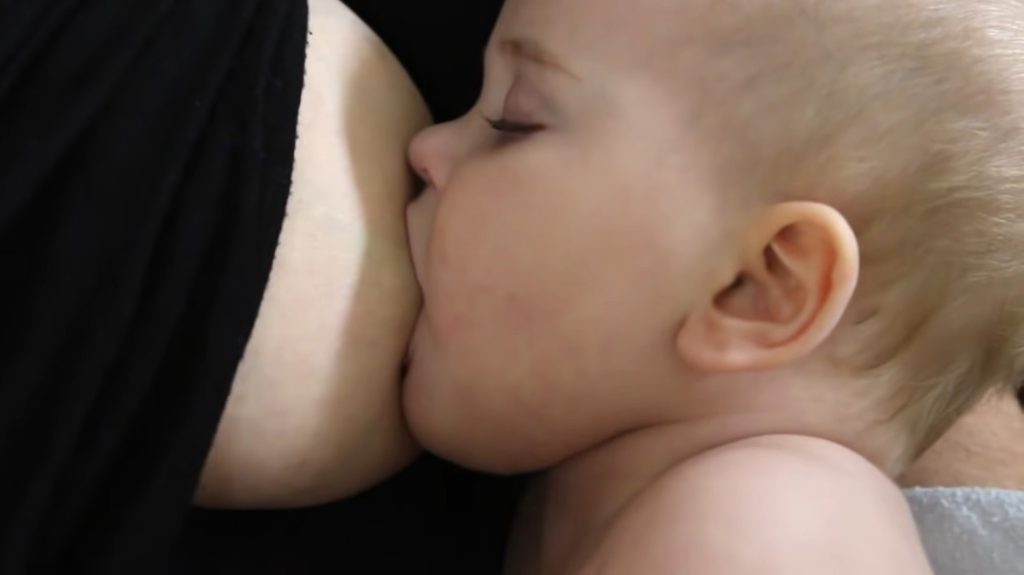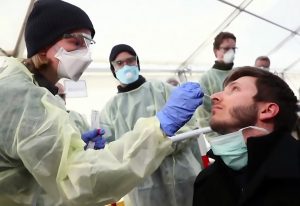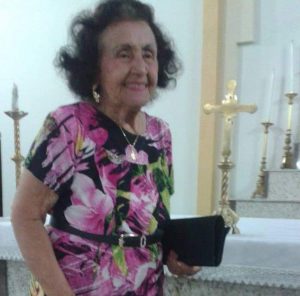Spanish boffins have discovered that over 80 per cent of breast milk contains arsenic and mercury.
Researchers in the southern Spanish city of Granada analysed samples from a local breast milk bank.
They found arsenic in almost all samples and traces of mercury in over 80 per cent.

The study was carried out by the Epidemiology and Public Health Networking Biomedical Research Centre and Biosanitary Research Institute of Granada.
The 242 samples from 83 donors were taken from the milk bank at the Virgen de las Nieves University Hospital.
In addition to arsenic and mercury, traces of lead and cadmium were also found in the milk.
The donors had a median age of 33. Forty-seven per cent were former smokers and three in 10 were overweight or obese.
The study shows how humans are exposed to environmental contaminants, mainly through our diet.
Arsenic, for example, occurs naturally in the environment and can enter the food supply through soil, water or air.
Though levels are generally low, volcanic eruptions and contamination from mining, fracking, coal-fired power plants, arsenic-treated lumber and arsenic-containing pesticides can increase levels in certain locations.

Nicolas Olea, one of the experts who carried out the study, said: “Breast milk is, by consensus, the best source of food for the baby, providing numerous nutrients and benefits for the infant; but it could also be a route of infant exposure to environmental contaminants present in the mother’s body.”
The study found arsenic in 97 per cent of the samples, mercury in 81 per cent, lead in 51 per cent and cadmium in 38 per cent of the milk tested.
Such levels are not consistent throughout Europe or even Spain, however, with the study’s main author Carmen Freire saying: “Compared to other European and national studies, such as those carried out in Madrid (2003-2004) and Santiago de Compostela (2018-2019), the concentrations of metals in donor milk from Granada were higher for arsenic, similar for mercury and quite low for lead and cadmium.”
Olea recommends that the milk from the bank be regularly monitored, given that the babies who receive it are typically vulnerable or premature.
He also advocates giving recommendations on healthy habits to milk donors.



